UNIHUBS Consortium
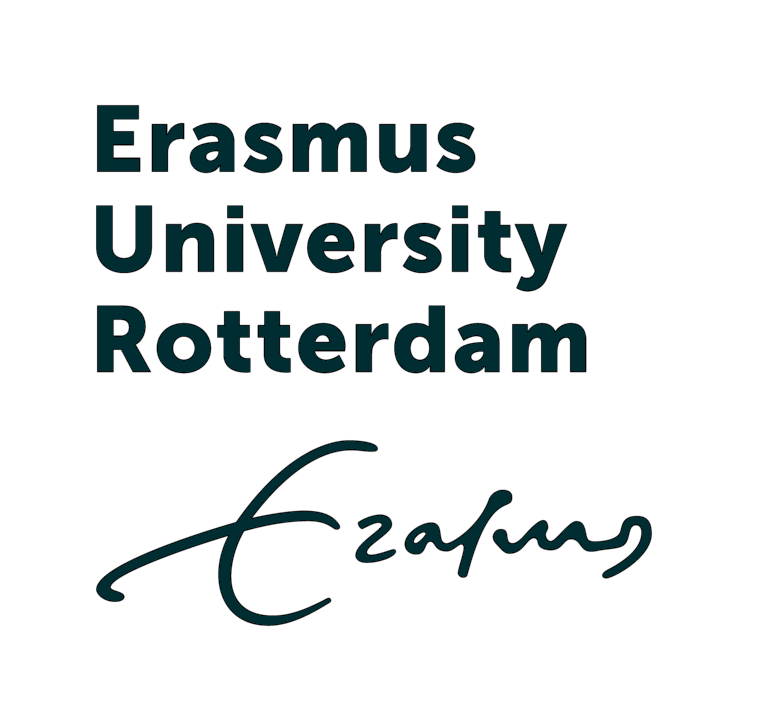
Erasmus University Rotterdam
Erasmus University Rotterdam (abbreviated as EUR), Dutch: Erasmus Universiteit Rotterdam is a public research university located in Rotterdam, Netherlands with a student population of approximately 30.000 students. The university is named after Desiderius Erasmus Roterodamus, a 15th-century humanist and theologian. Erasmus MC is the largest and one of the foremost academic medical centers and trauma centers in the Netherlands, whereas its economics and business school, Erasmus School of Economics and Rotterdam School of Management are well known in Europe and beyond. Currently, Erasmus University Rotterdam has been placed in the top 100 universities in the world by four prominent international ranking tables. Rotterdam School of Management, Erasmus University is ranked among the best business schools in Europe and in the world, while ranked 1st worldwide according to the 2021 Shanghai Global Ranking of Academic Subjects in the category Business Administration.
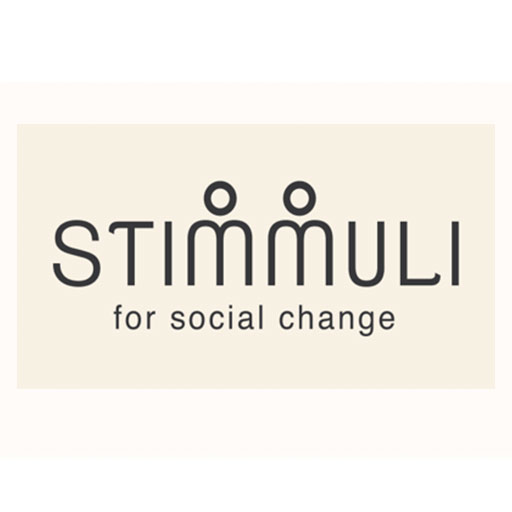
Stimmuli For Social Change
Stimmuli is a mission-driven organization, envisioning to inspire future education, social innovation and ignite positive change in society. To achieve its mission, the organization designs and implements educational and capacity-building projects that cultivate entrepreneurial mind-sets, innovative attitudes, and nudge behavioral shifts for more sustainable communities.
Stimmuli is responsible for the pilot implementation and monitoring plan and in charge of developing the evaluation strategy of UNIHUBs (WP5) the overview of the evaluation activities of all partners and for the collection of evaluation data and their reporting aiming at validating and refining the UNIHUBS educational package. Stimmuli will oversee the creation of a training toolkit for higher education institutions and digital innovation hubs (WP3), will actively contribute to the delivery of training workshops, will bring its expertise into the development of training material for HEIs and DIHs staff and will also contribute to all the activities of the co-creation of the innovative educational package for students (WP4).
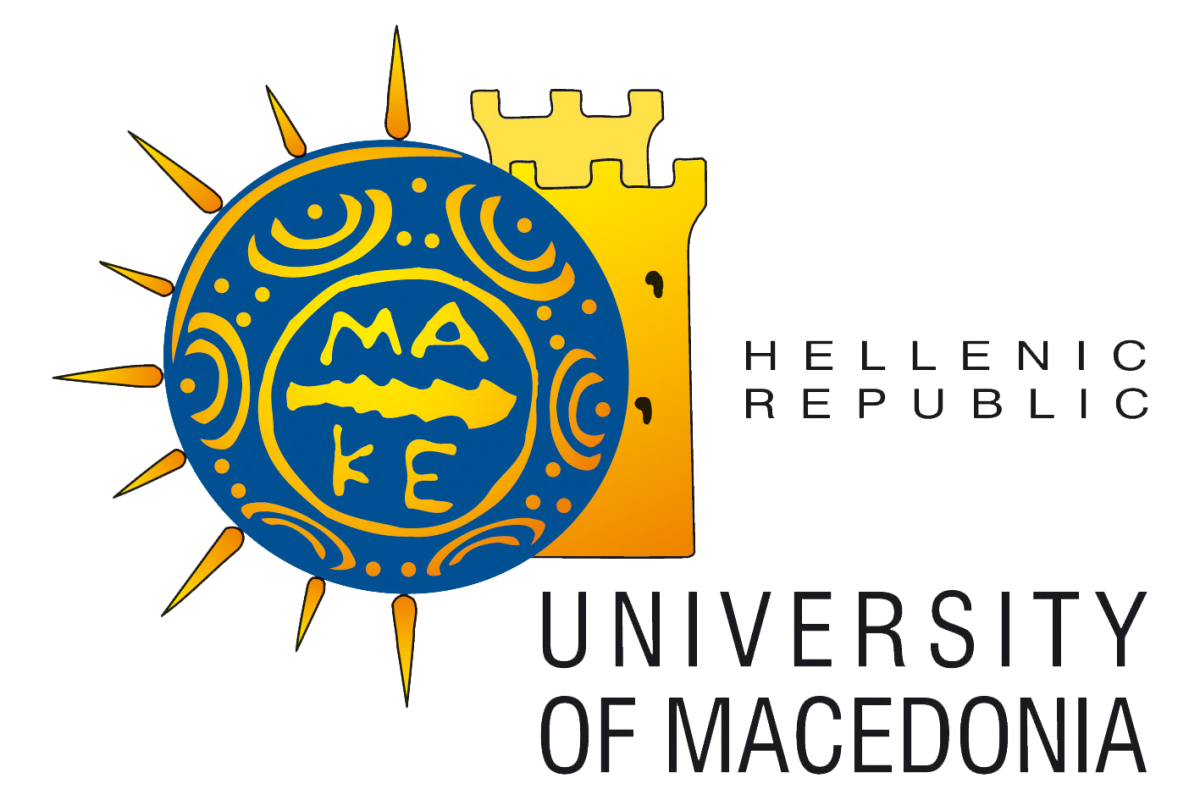
University of Macedonia
The University of Macedonia is the second and “youngest” University of the city of Thessaloniki and it specializes in economic and social sciences. UoM strives to advance the education of future scientists by continually enhancing the educational process, updating curricula, fostering a culture of excellence, and engaging effectively with both society and the economy. The University places a strong emphasis on promoting innovation, entrepreneurship, and knowledge through the dedicated efforts of its faculty, researchers, and students within its various departments and laboratories. The University also aims to respond to the needs of society, working together with public organizations and private businesses, and shaping partnerships with other Universities and Research Centers in ways that complement and enhance its activities. More than 12.000 students study at the University of Macedonia in economic, administration, social, and political related fields.

Kumasi Technical University
Kumasi Technical University (KsTU) is a prominent and reputable tertiary institution in the heart of Kumasi, the Garden City of the West Africa, and the Regional Capital of the Ashanti Region, Ghana and seat of the Golden Stool. Since its establishment, it has become a desirable hub for training professionals with entrepreneurial skills for Ghana, Africa, and beyond.
KsTU currently offers Doctorate, Master’s, Bachelor’s, Higher National Diplomas, and other Diploma programs with a student population of over 13,000 across two campuses of Asem and Adako-Jachie. The University has six faculties, two Schools, and two Institutes. These are Institute of Research, Innovation and Development, the directorates of Planning and Quality Assurance, Information Communication Technology, and the Office of International Affairs and Institutional Linkages provide key support to the faculties and the University at large in achieving its overall vision and mission.

Kwame Nkrumah University of Science & Technology
Kwame Nkrumah University of Science and Technology (KNUST), Ghana is a renowned institution with a focus on science, technology and research. It operates under a collegiate system with six colleges, including the College of Agriculture and Natural Resources, which offers programs in Agribusiness, Animal Science and Fisheries Management; the College of Health Sciences, which houses the School of Medicine and Dentistry, Faculty of Pharmacy and School of Public Health; and the College of Humanities and Social Sciences, which includes the Faculty of Social Sciences, Law, and Business. The College of Art, Built Environment and Education offers programs in Architecture, Art and Education, while the College of Engineering features departments such as Civil, Mechanical, and Chemical Engineering. The College of Science is home to departments like Physics, Chemistry, Biological Sciences and Computer Science.
KNUST’s mission is to advance knowledge through teaching, research, and innovation, particularly in science and technology, with a strong emphasis on sustainable development. The university is known for its impactful research, collaboration with international partners, and contributions to technological advancements. Its expertise in STEM fields, research, and interdisciplinary collaboration makes it a vital partner for consortia focused on solving global challenges.
www.knust.edu.gh
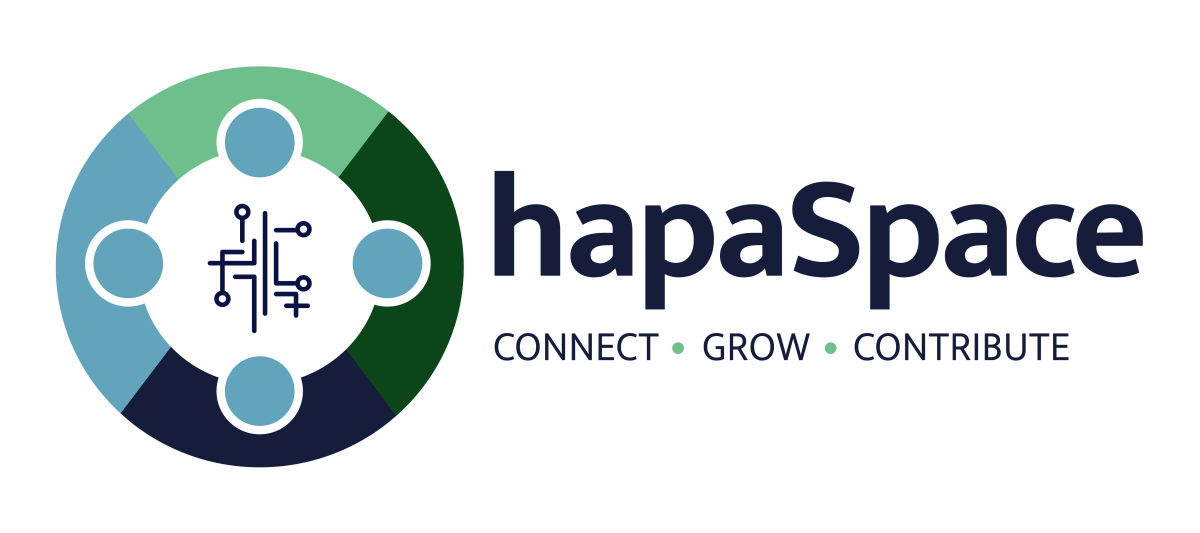
Hapa Space
Hapa Space is a tech innovation hub based in Kumasi, Ghana, dedicated to fostering entrepreneurship, employability, and business support. With a focus on technology-driven solutions, it provides coworking spaces, business incubation, mentoring, and capacity-building programs for startups and MSMEs. Through strategic collaborations with local and international partners, Hapa Space empowers young entrepreneurs to build sustainable businesses, driving economic growth and digital transformation. The hub plays a crucial role in bridging the digital divide and enhancing digital adoption, particularly among women-led businesses. Key initiatives such as the SEADE project, R4DAC, and SmartWoman—funded by the EU and GIZ—contribute to Africa’s rising innovation ecosystem by facilitating research, capacity-building, and inclusive digital solutions.
www.hapaspace.com
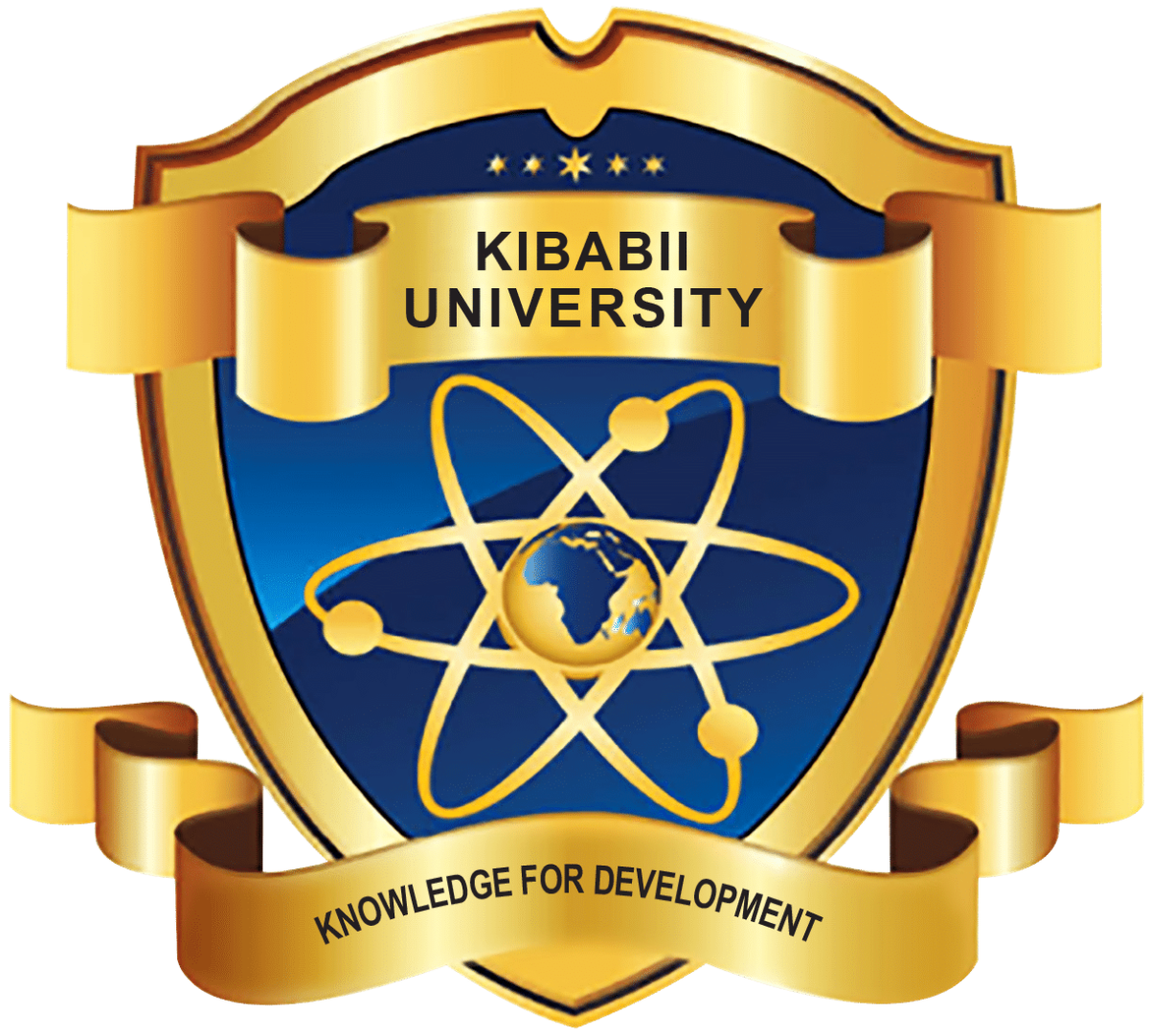
Kibabii University
Kibabii University (KIBU) is a fast growing Public University situated in Western Kenya, just a few kilometres from the border with Republic of Uganda. The University was chartered to be a full-fledged Public University on 15 th September 2015. The establishment of KIBU is traced to the origins of the Kibabii Teachers’ Training College, which in 2011 was converted to Kibabii University College, a Constituent College of Masinde Muliro University of Science and Technology in Kenya.
The University’s vision is to be a Global and Dynamic University of Excellence in Science, Technology and Innovation. The University has established itself as an emerging centre of excellent in teaching and learning, multi-disciplinary research and community outreach through strategic partnerships.
www.kibu.ac.ke

University of Nairobi C4DLab
C4DLab is a prototyping and innovative startup incubation lab at the Department of Computing and Informatics, University of Nairobi. This lab was founded in 2013, as the first phase of a bigger complex CC4D (Center of Computing for Development) to be built at the school. The lab works with the entire university community, with a reach to a community of more than 70,000 people, including faculty, students, staff and alumni.
Mission of C4DLab is to generate and share knowledge and produce innovative technological solutions that address societal problems by nurturing and mentoring a community of researchers, undertaking cutting-edge research, and forging partnerships.
The Vision is to be the global point of reference for ICT research and innovation for sustainable development.
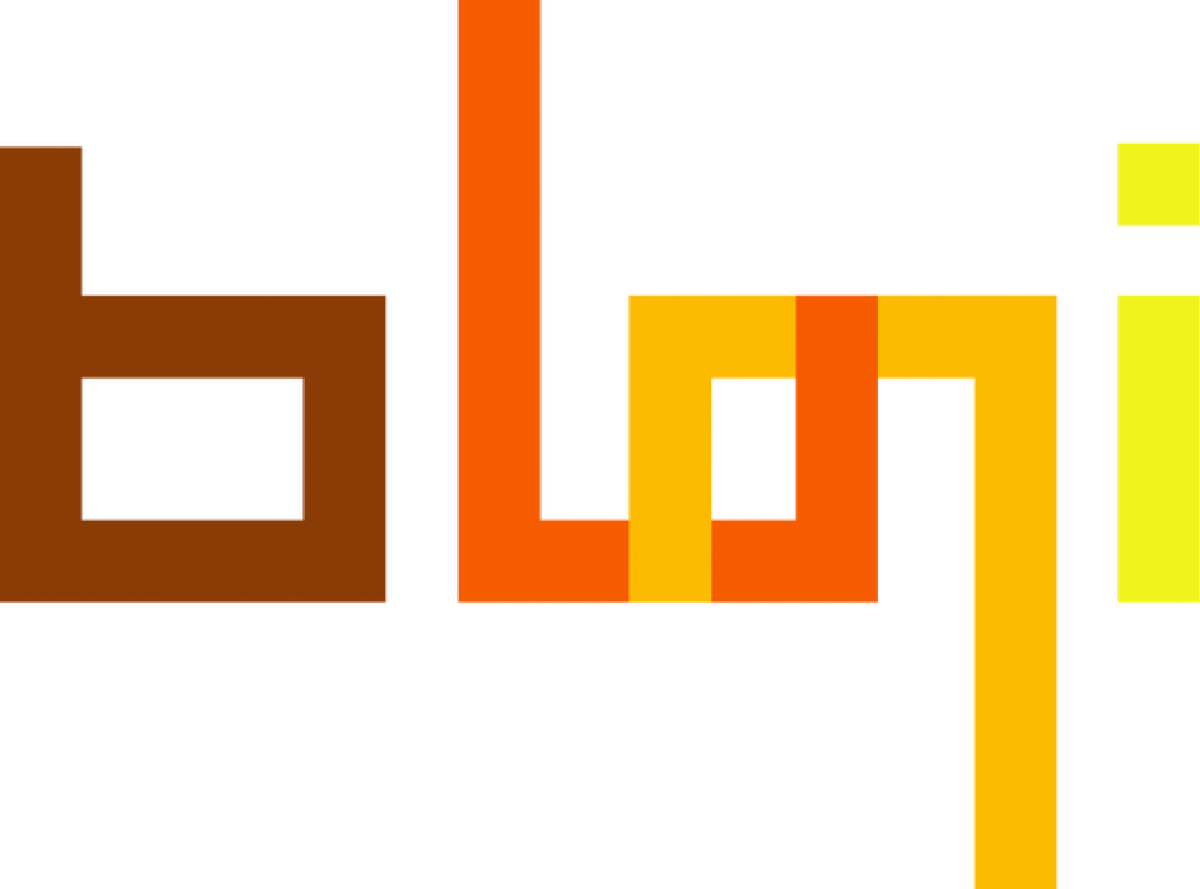
BUNI-Tanzania Commission For Science And Technology
BUNI Innovation Hub, established by the Tanzania Commission for Science and Technology (COSTECH), is a semi-autonomous entity designed to support the burgeoning local innovation community. Buni has aided over 10,000 youths in developing competitive businesses and employment opportunities through diverse programmes, including seed financing, networking, and professional support. Witnessing the growth of over 50 hubs by 2018, BUNI evolved into a central support platform for other hubs, adapting its initiatives to better serve a wider ecosystem and in alignment with the COSTECH Mandate. These initiatives encompassed the BUNI Talent Pool Program and Mentorship Programmes, outreach to university startup clubs, and the BUNI Divaz Programme to empower women in technology. As the ‘Hub of Hubs,’ BUNI now offers tailored programmes to strengthen hub management, facilitate government and mentorship connections, support women in tech, and cultivate a talent pool to fuel the startup environment, thereby reinforcing its commitment to innovation and technological advancement in Tanzania.
www.bunihub.or.tz
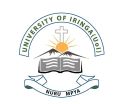
Iringa University College of Trust
The University of Iringa established the Centre for Entrepreneurship and Innovation (CEI) in 2008 to drive entrepreneurship and innovation across the Southern Highlands and Tanzania at large. CEI focuses on empowering youth through training, coaching and mentorship in entrepreneurship and innovation, digital skills, and employability. In 2015, in partnership with the Faculty of Business and Economics, CEI launched the Bachelor of Applied Marketing and Entrepreneurship (BAME) program. This program emphasizes hands-on, experiential learning, where students start businesses as soon as they join the program, using them as platforms to apply theoretical knowledge in real-world settings.
To expand its impact, CEI founded the Kiota Innovation Hub in 2016. The hub is an open space for nurturing ideas, mindset transformation, networking and co-creation, and has successfully incubated over 400 startups, including digital startups within the agriculture value chain. CEI collaborates with local and international partners to enhance innovation and foster entrepreneurship, empowering youth to build sustainable businesses and drive economic growth.
www.uoi.ac.tz
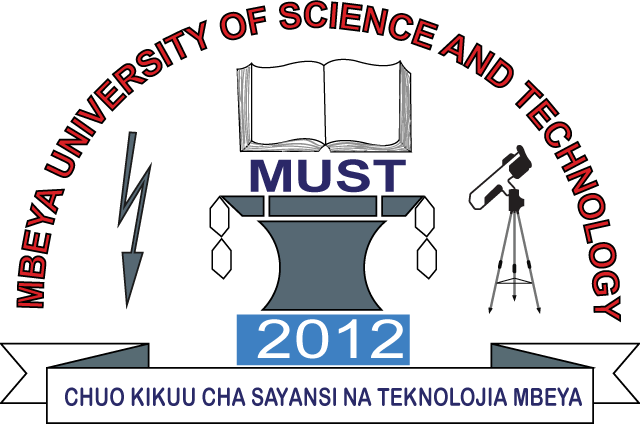
Mbeya University of Science & Technology
Mbeya University of Science and Technology (MUST) is a result the transformation of the Mbeya Institute of Science and Technology (MIST) through the Universities Act No.7 (2005) and Mbeya University of Science and Technology Charter, 2013. The Universities Act requires universities to draft charters and have them approved as a condition for providing university education. In compliance with the requirements of the university Act, Mbeya University of Science and Technology has been established under Part II, Article 3(1) of the Mbeya University of Science and Technology Charter (2013)
www.must.ac.tz
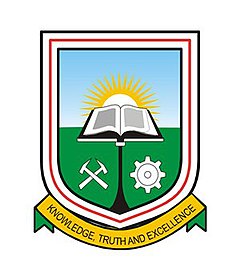
University of Mines and Technology
The University of Mines and Technology (UMaT), Tarkwa, started as the Tarkwa Technical Institute (TTI) on 3rd November 1952 before being established by an Act of Parliament, 2004 (Act 677) as a public university with the core mandate of providing higher education through teaching, active research, and extension services to the mining, petroleum, technology and allied industries. It aims to be a Centre of Excellence for producing world-class professionals in engineering and management sciences, focusing on mining, minerals, petroleum, technology, and related disciplines. The University purports to achieve these through effective teaching and learning; promoting and producing knowledge through active research and innovation, disseminating information, and offering professional services through extension activities to the mining, petroleum, technology, and allied industries.
